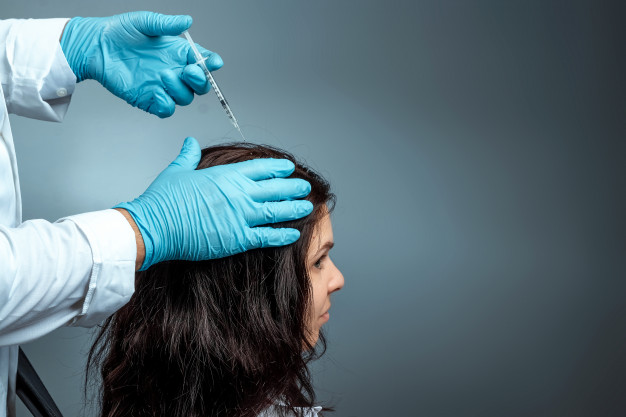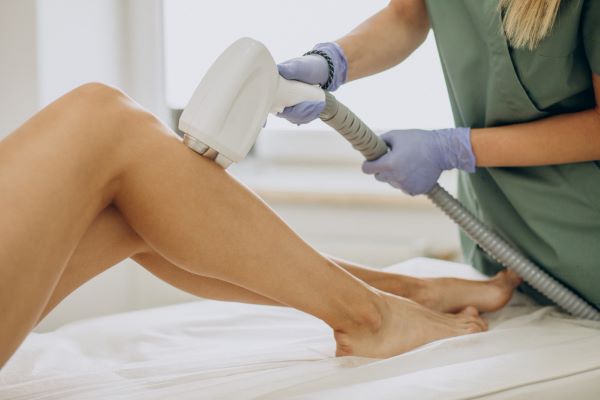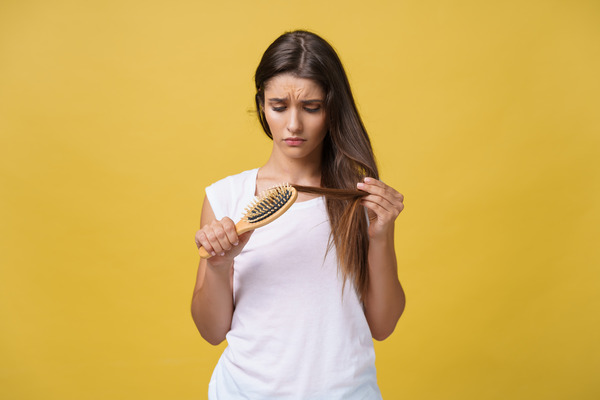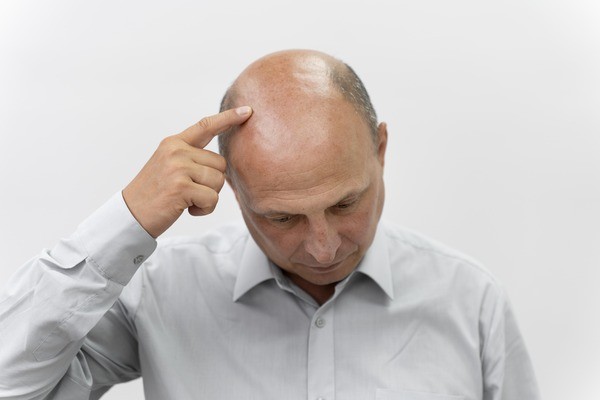
Travelling Guide After A Hair Transplant Surgery
A hair transplant involves relocating hairs from the back and sides of the scalp or the body to an area of thinning or balding. There are two main techniques used to achieve this- FUE or FUT hair transplant surgery. Following surgery, there are numerous important aftercare instructions related to recovery, including whether you can travel after having a hair transplant. Let us discuss Travelling Guide After A Hair Transplant Surgery.
When you have just come home after a hair transplant, you want to make sure you know how to take care of your newly implanted precious hair grafts. They are still fragile and need a bit of nurturing to fully take root.
The post-operative hair transplant stage can be a stressful time. Worries about pain, swelling, unexpected results, and traveling are common. However, this phase of your hair transplant journey doesn’t have to be so stressful. Travelling Guide After A Hair Transplant Surgery
It is quite normal to experience a few side effects in the weeks following your transplant. In the majority of cases, these are nothing to be worried about.
Common side effects include:
- Redness and swelling around your face and eyes
- Pimples in the transplanted area for a while
- Numbness or discomfort in the donor area during the first couple of months
- Itchiness in the transplanted area
What Happens Once the Surgery Is Done?
Once your surgery is complete, the transplanted area of your head will be covered in bandages. It is pretty normal for the treated area to be swollen and tender for the next few days. During this time, it is recommended to avoid any activity that may cause sweating like jogging, working out, etc as it may slow down the natural healing process as well as increase the risk of infection. However, to keep the blood circulation going, moderate exercises such as walking is recommended. Even though routine activities can be resumed a day after surgery, doctors usually recommend taking about 2 weeks off since the transplanted hair will be only fully embedded after 14 days. Doing so will ensure a speedy and healthy recovery. Your doctor will give you detailed aftercare directions to follow before you leave the clinic. Make sure you discuss this with your doctor and clear all doubts regarding post-op measures. Travelling Guide After A Hair Transplant SurgeryShould traveling be avoided?
You can start traveling 14 days after your hair transplant. This is when the swelling in your scalp will have reduced and the risk to your hair transplant and your health is minimized. However, the important considerations that you need to think about when traveling after your hair transplant are flying after your hair transplant, exposing your hair to direct sunlight, and going into the swimming pool or the sea. Talk with your surgeon about the best way to care for your health and comfort after surgery and how to stay safe while traveling It is recommended that you take the pain medications offered to you. Sometimes people avoid taking analgesics but your trip can be far less comfortable without medication to take the edge off and help relieve swelling. It is also advised to avoid alcohol. Though relaxing with a drink is common while traveling, alcohol thins the blood, and hence by drinking, you’ll be asking for more trouble. You may even bleed and have unforeseen issues with your transplant results.The Don’ts while traveling after a hair transplant surgery
- Avoid sunny and dusty environments for at least the first14 days after your
- surgery.
- Never walk far, right after surgery.
- Avoid sauna, steam baths, sunbathing and heavy exercises for a month.
- Do not swim or dive in the sea as well as in swimming pools with chlorine in
- the first 14 days as the chemicals may damage the grafts.
- Though it is possible to go on holiday after the surgery, it is important not
- to get a sunburn on the scalp as this will damage the skin. Wear a cap if possible.
- While air traveling, ensure to keep your head covered and protected throughout.
- Another concern on a flight is that the pressure increases with the altitude and as a result, it is likely that your body may swell a little.
- Avoid sitting in direct sunlight for long periods. Remember to apply sun lotion to your scalp and sit under an umbrella.








